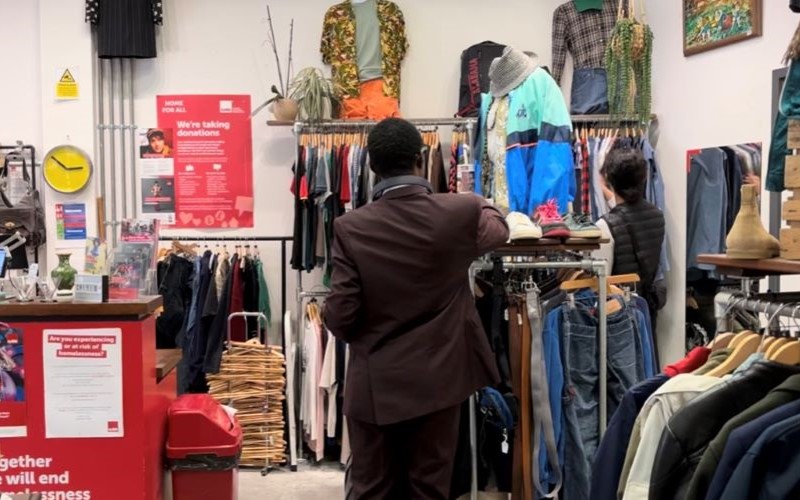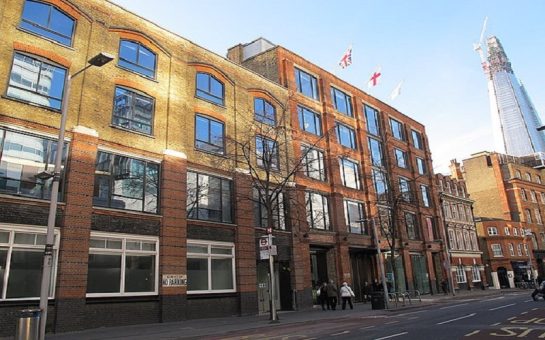A national charity will now donate useful goods to hospitals in south London in a bid to help vulnerable people and reduce cases of shoplifting in charity shops.
Crisis, a charity for people experiencing homelessness, is working on an initiative where the Camberwell store will give items such as warm clothing and sleeping bags to Maudsley and King’s College Hospital to be distributed to people in need.
The Camberwell store already has a stockpile of goods, including shoes and coats, set aside for people experiencing or at risk of homelessness, and the scheme will formalise this exchange to help people before they reach crisis point.
Joseph Walsh, assistant manager at Crisis Camberwell, has worked at stores in Lewisham, Peckham and Camberwell and said that shoplifting is a “daily occurrence” in every store.
He said: “We want to get these things to people before they are in the situation where they have to commit a crime in order to get help.
“It’s particularly an issue in Camberwell because we’re down the road from the hospitals so we have a lot of people who are unwell and experiencing substance abuse issues and mental health crises which make people quite desperate.”
Crisis Camberwell is part of Butterfly Walk shopping centre, a complex of shops on the main road near Camberwell Green, and shares a security team with the other businesses.
There are four charity shops on the complex and no other high street clothes shops, making charity shops a target for people in need of clothing as winter approaches.
Walsh said: “We tend to see an increase at the end of the month where people may be running out of money and also in the lead up to the weekend as people are trying to get money in order to pay for whatever they need during that time.
“There are a fair amount of people who steal with the goal of reselling it or trading it for other goods, whether that be for substances or daily necessities.”

All employees at Crisis charity shops are trained in de-escalation which includes being taught how to approach and reason with people who are in a state of distress.
Walsh said: “In instances where we feel like we can step in, we do try to.
“It’s not worth risking our physical safety but at the end of the day, we are a charity and we want to keep as much of the stock as possible to keep the funds going.
“A lot of the time it is people who are quite experienced and know what they’re doing, often in groups rather than solo thieves.”
The training also focuses on support amongst colleagues to ensure that employees working on the shop floor feel safe at work.
He said: “It tends to be the same people so you do start to pick up on regulars which is the first step in order to prevent anything.
“Generally people are non-violent, they are trying to see if they can get away with it but if they know that we’re watching, they tend to leave quite quickly.”
According to data from the Combined Homelessness and Information Network (CHAIN), the number of people rough sleeping in London has increased from 3,107 at the end of 2022 to 4,223 at the start of 2024.
More specifically, the number of homeless people in Southwark and Lambeth, where King’s College and Maudsley Hospitals are located, has increased from 274 to 340 in the same time period.
Crisis has sixteen charity shops in London, including three in south London, marking the charity’s influence and presence in the community.
A spokesperson from Crisis has confirmed that the initiative hasn’t started yet and the different parties involved are still in conversation.
As well as raising money through charity shops, Crisis provides practical support to help people access benefits, healthcare services and employment opportunities.
Crisis also works with the government to install legislation that reduces people’s risk of homelessness and disempowers landlords to make evictions harder.





Join the discussion